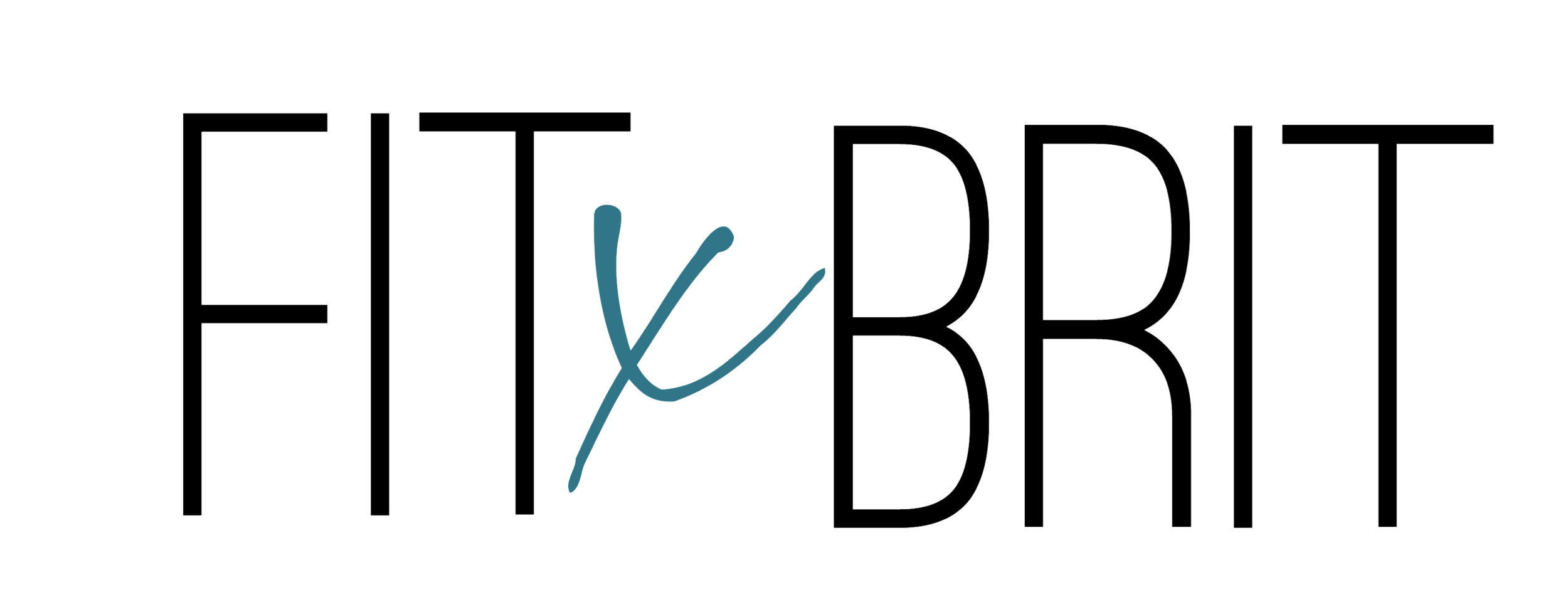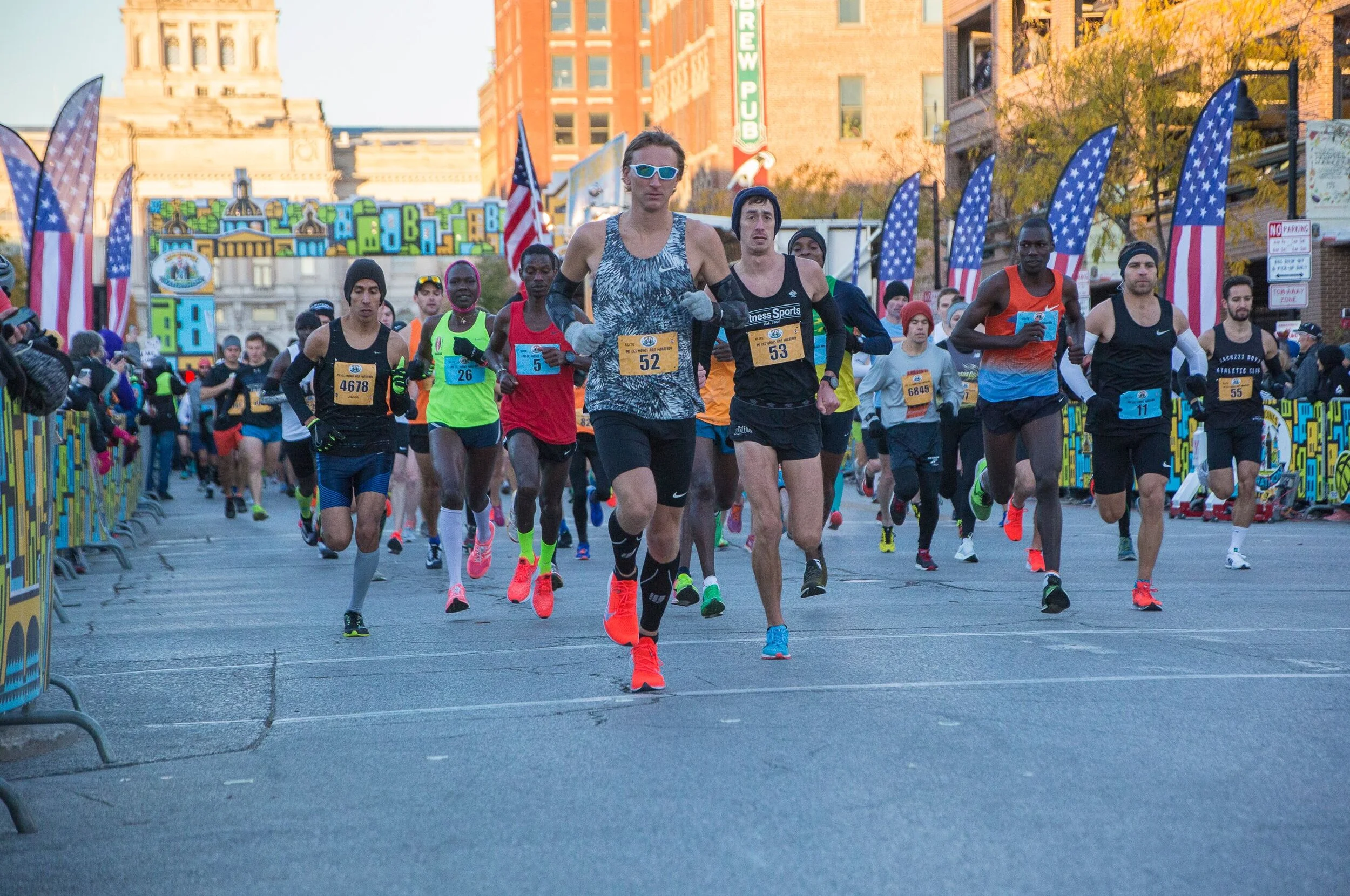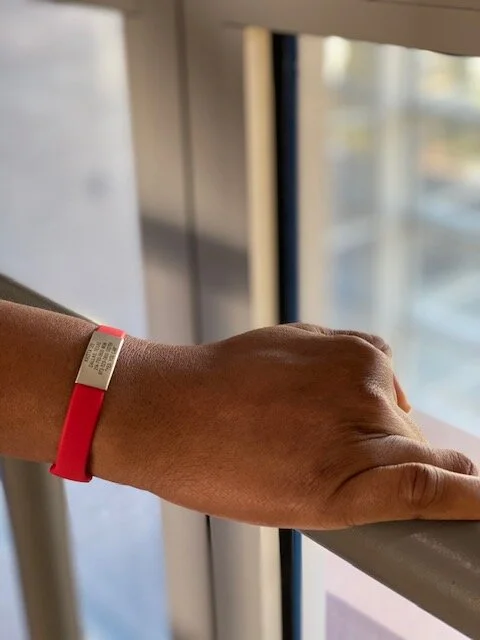5 Tips on Nutrition Every Vegan Runner Should Know
If there’s ever been a time to go vegan, it’s now. From all the vegan-friendly meals in restaurants and completely vegan fast-food places to all the vegan-related information you can find online, changing your diet seems simple. However, when you’re a combo of a vegan and a runner, there are some things you should be careful about, especially if you want to achieve your optimal performance.
Here is what to pay attention to.
Calorie Intake
Once you completely take away meat, eggs and dairy from your diet, you lose your sources or protein, but protein is something you can make up for by eating the right foods, such as leafy greens, nuts, tofu and chickpeas. It’s actually the calorie sources you’ve lost that can create problems for you. When you exercise for a race, the lack of calories can lower your energy levels drastically and make you feel exhausted, meaning that you can’t perform as well as you need to.
The key is to eat as many different plant-based foods as you can, especially calorie-dense ones, and you’ll be able to keep up with your workout regimen while maintaining your body-mind wellbeing.
Vitamins and Minerals
In a vegan diet, you need to be careful you consume enough of essential vitamins and minerals. For instance, since iron found in plants is very poorly absorbed, vegans need nearly twice as much of it as non-vegans. So, cook some kale or spinach, add some seeds, like pumpkin or squash, and don’t stay too far away from a bit of pasta or bread. Also, make sure you add enough vitamin C to your diet, since it helps absorb the iron from plants.
Most vitamins and minerals you need can be found in vegan food, but there are some that can’t, at least not in an adequate amount. For example, you can find omega-3 fatty acids and B12 in walnuts and flax seeds, but that probably won’t suffice. Luckily, this problem can be solved as simply as ordering supplemental vitamins online and having them delivered to your doorstep in no time.
Meal Plan
If you’ve decided to be a vegan runner, you have to do it properly and very carefully. You have to be prepared, which includes some simple tools, like a good knife for chopping vegetables and fruit, as well as a strong blender and a few good pots and skillets for preparing your vegan meals. It’s important that your meals are well-planned and include all the nutrients you need to function normally on- or off-track.
Also, the way you time your meals is very important. Eating just before a run will slow you down since all your blood will be diverted to your leg muscles, which means your stomach could take a lot more time to process what you’ve eaten. Instead, have your meal an hour before your training so that you give yourself some time to digest and improve your running performance.
Find A Good Balance
The way you balance your pace while running helps you reach the finish line and be a successful runner. The situation is very similar with your vegan diet, which is crucial if you want to stay vegan and keep running. As an athlete, you should probably consume at least 2500 calories a day, but not just any calories. It’s essential that you have a good balance of carbohydrates, proteins and fat. For runners, it’s usually 60%-25%-15%, respectively. You can increase the carbohydrates by some 5% or 10% a few days before an important race in case you need to practice longer and require more endurance in those days.
Make sure you opt for complex carbohydrates, like those in whole grain pasta and some vegetables, rather than simple carbohydrates found in white bread and most pastries.
Sodium Consumption
Although consuming too much sodium can cause several health issues, the most important of which is probably hypertension, not everybody should stop putting salt in their food. Runners often spend hours in endurance practice, which means they lose a lot of sodium by simply sweating. So, unless you don’t sweat when running for hours, you should find a way to maintain the levels of sodium in your organism. If your run takes longer than an hour, opt for a sports drink with some added sodium and potassium, as well as munching something salty after your practice to make up for the sodium you’ve lost.
















